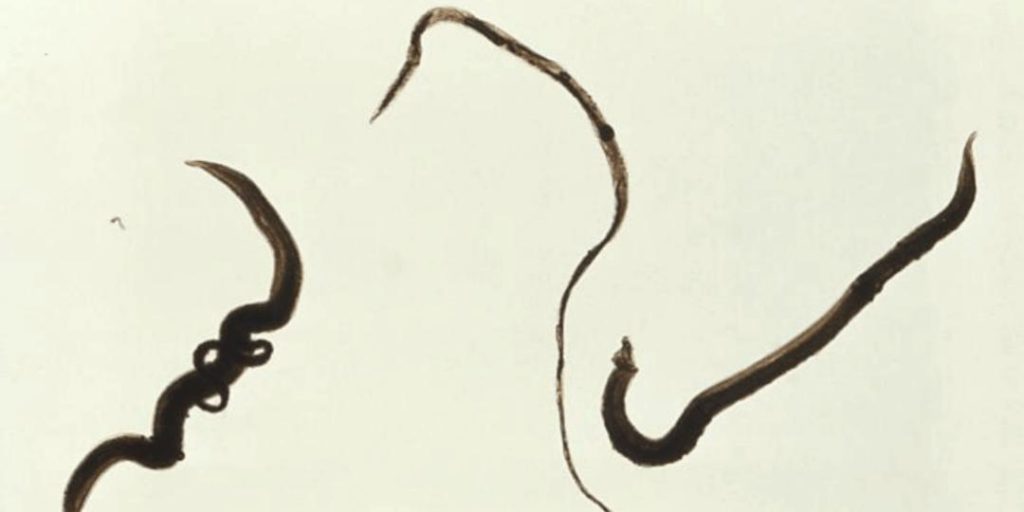
Parasitic Worm that Shuts Down Human Pain and Itch Sensors Discovered
In a groundbreaking discovery, scientists have uncovered a parasitic worm that has evolved to suppress human pain and itch sensors in order to evade the human immune system. This remarkable finding, published in The Journal of Immunology, sheds light on the cunning tactics employed by the parasitic worm Schistosoma mansoni, which causes schistosomiasis, a debilitating disease that affects millions of people worldwide.
Schistosoma mansoni is a type of parasitic worm that infects humans through contaminated water and settles in the body, particularly in the skin and intestines. To survive and thrive, the worm must evade the human immune system, which can recognize and attack it as a foreign invader. In order to achieve this, the worm has developed a unique strategy that involves suppressing the activity of skin neurons, thereby rendering the human immune system ineffective.
The study, led by researchers at the American Association of Immunologists, reveals that the Schistosoma mansoni worm releases special molecules called neuropeptide Y (NPY) and its receptors into the skin. These molecules bind to specific neurons in the skin, suppressing their activity and effectively “shutting down” the pain and itch sensors.
This stealth tactic not only allows the worm to evade the human immune system but also enables it to establish a prolonged infection, which can lead to serious health complications, including anemia, liver and kidney damage, and even death.
The discovery of this parasitic worm’s ability to suppress human pain and itch sensors has significant implications for the development of new pain treatments. Scientists believe that understanding the mechanisms by which the worm achieves this could lead to the creation of novel pain-relieving therapies that target specific neurons in the skin.
“This is a fascinating example of evolutionary adaptation, where the parasite has developed a unique strategy to survive and thrive in its host,” said Dr. Emily Chen, lead author of the study. “By understanding how the worm achieves this, we may be able to develop new pain treatments that work in a similar way.”
The study’s findings also highlight the importance of continued research into the complex interactions between parasites and their hosts. Schistosomiasis is a significant public health burden, particularly in tropical and subtropical regions, and understanding the mechanisms by which the worm evades the human immune system could lead to the development of more effective treatments and prevention strategies.
The discovery of the parasitic worm’s ability to suppress human pain and itch sensors has also sparked interest in the potential applications of this mechanism in the treatment of other diseases. For example, researchers are exploring the possibility of using NPY and its receptors to develop new treatments for chronic pain, itching, and other skin disorders.
In conclusion, the discovery of the parasitic worm Schistosoma mansoni’s ability to shut down human pain and itch sensors is a significant breakthrough in our understanding of the complex interactions between parasites and their hosts. This finding has significant implications for the development of new pain treatments and highlights the importance of continued research into the mechanisms by which parasites evade the human immune system.
Source: https://news.aai.org/2025/08/11/parasitic-worms-evolved-to-suppress-neurons-in-skin/






